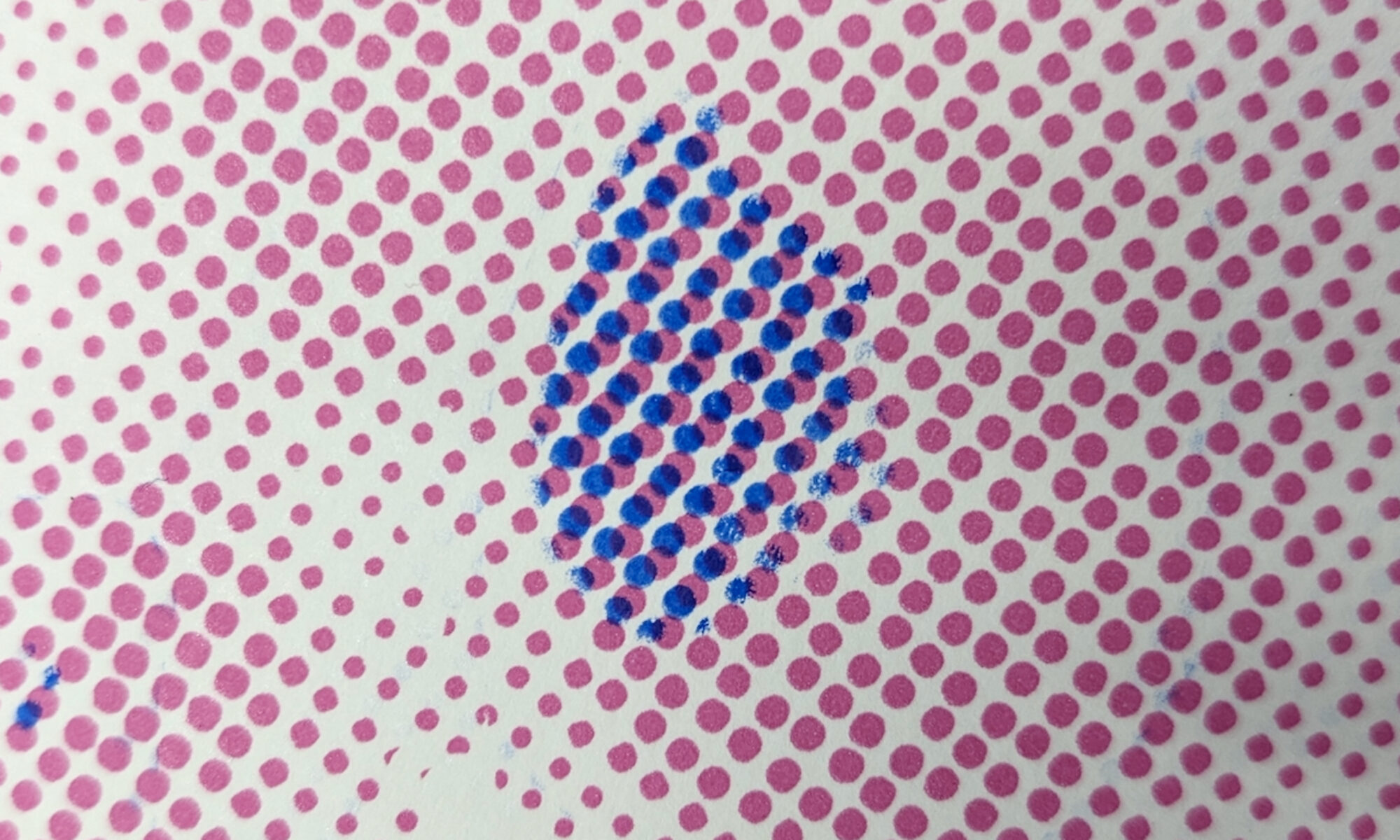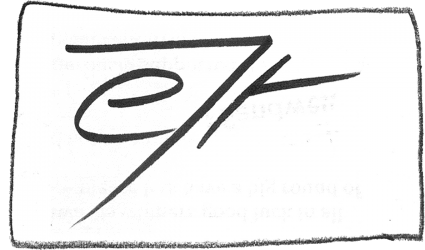Shocking Times
Lockdown Reading and drawing
I am writing this post as we enter week 24. Last week seemed difficult to concentrate in a focussed way. Lots of issues to be addressed/resolved/put aside. I had thought last night might have been an opportunity to write but living in Birmingham we were informed that all households were not to meet with others inside houses or private gardens from today.
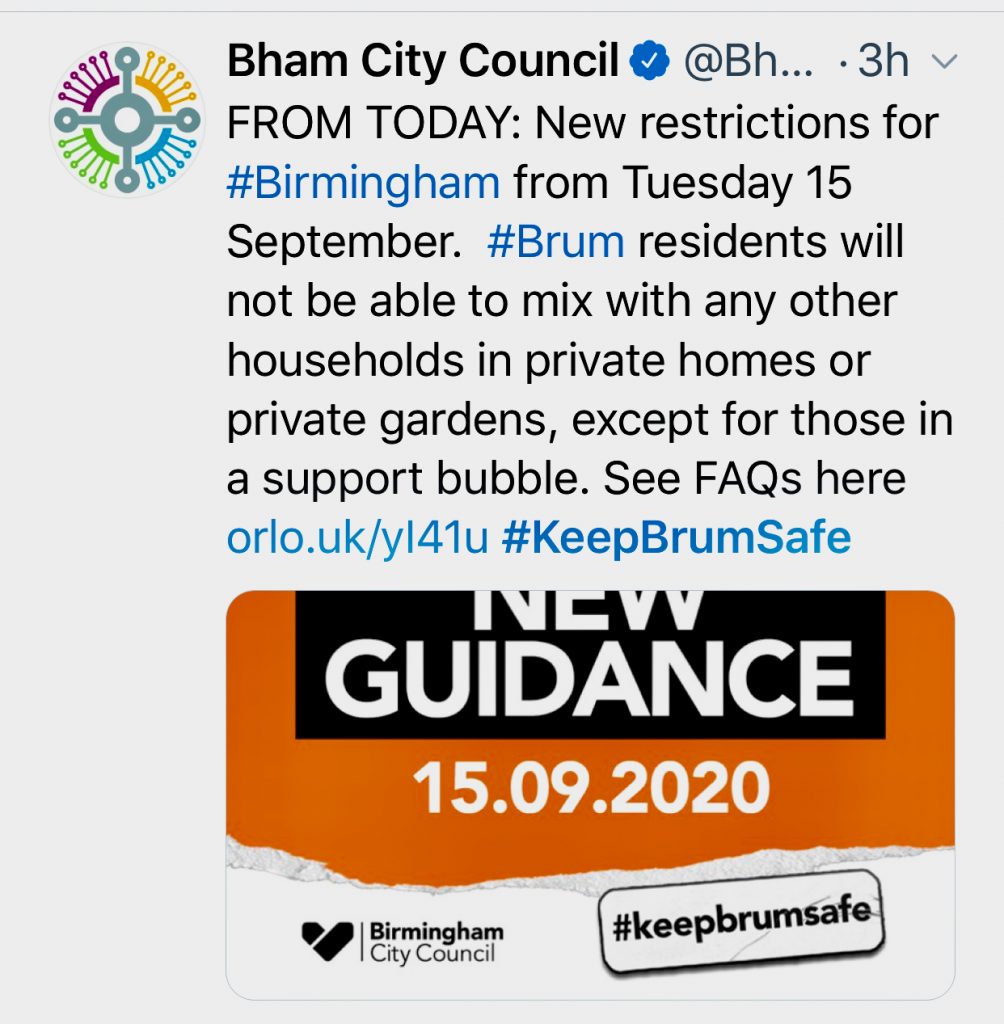
Friends from another house were invited over for a socially distanced meet before the clamp down and before one of them flew out to their home country Spain. We talked and ate the night away as the Autumn sunshine dropped away and the night drew in. An urban fox appeared from the bushes and the birds in the cedar trees talked to each other.
The new term of research study is about to begin. Planning a term while in lockdown is my next task. Focus! It’s not as bad as it is for many Arts and cultural workers who are facing the end of the government’s furlough programme and in many cases unemployment as their places of work cannot sustain wage bills. Lockdown makes it impossible for arts venues that rely on audiences standing or, God forbid, sitting next to each other to operate their programmes of dance, drama, cinema, music, arts, learning and enjoying creative environments. It’s tough for arts and artists in Covid restricted times.
‘Furlough’ is word I had not come across before covid. Suddenly with the Chancellor of the Exchequer announcing sweeping support for workers prevented from working by social distancing impositions ‘Furlough’ was on the tip of everyone’s tongue and at the top of news agendas. I came across it again while reading the biography of Walker Evans. There is a chapter on his work for the Resettlement Administration, which was part of FD Roosevelt’s New Deal to address the ravages of the US Depression. I always understood Evans, and Dorothea Lange’s photography to be for the Farm Security Administration, but the FSA was preceded by the RA. Furlough was the term used then to describe the Government’s actions to apply leave of absence for civil servants or the military, but in the depression it was applied to many more employees. It seems Chancellor Sunak adopted the word and added to the action by paying 9 million UK workers direct from HMRC. An unprecedented programme for a conservative government. Some might say Britain became a socialist state overnight.
For arts organisations he issued in a cultural support and recovery scheme that offered work for arts organisations, venues and workers, but not so much for artists. In contrast Eleanor Roosevelt ensured artists were paid to produce art through the depression. One of those was Walker Evans who was hired to document the effects of the Depression on workers:
“People wanted to witness the real lives of their fellow Americans, to know better the common ground not only of their crisis but of their culture. Photography seemed the most natural medium for communicating this message, but it was not at all obvious how to use it, for a while the effects of the crisis were felt across the country, they were not easily seen. The Depression was, in the words of one historian, “an oddly invisible phenomenon.” It consisted of things not happening, of a subtle slowing of the pace on the street that was more easily described in words and statistics than in pictures. P89
Evans wanted not only to capture and visualize the poverty wreaking havoc to Americans, but the developing ‘Poverty of Spirit’. The description of the perception of the Depression chimes with our Covid Crisis: invisible, things not happening, subtle slowing of the pace on the street.
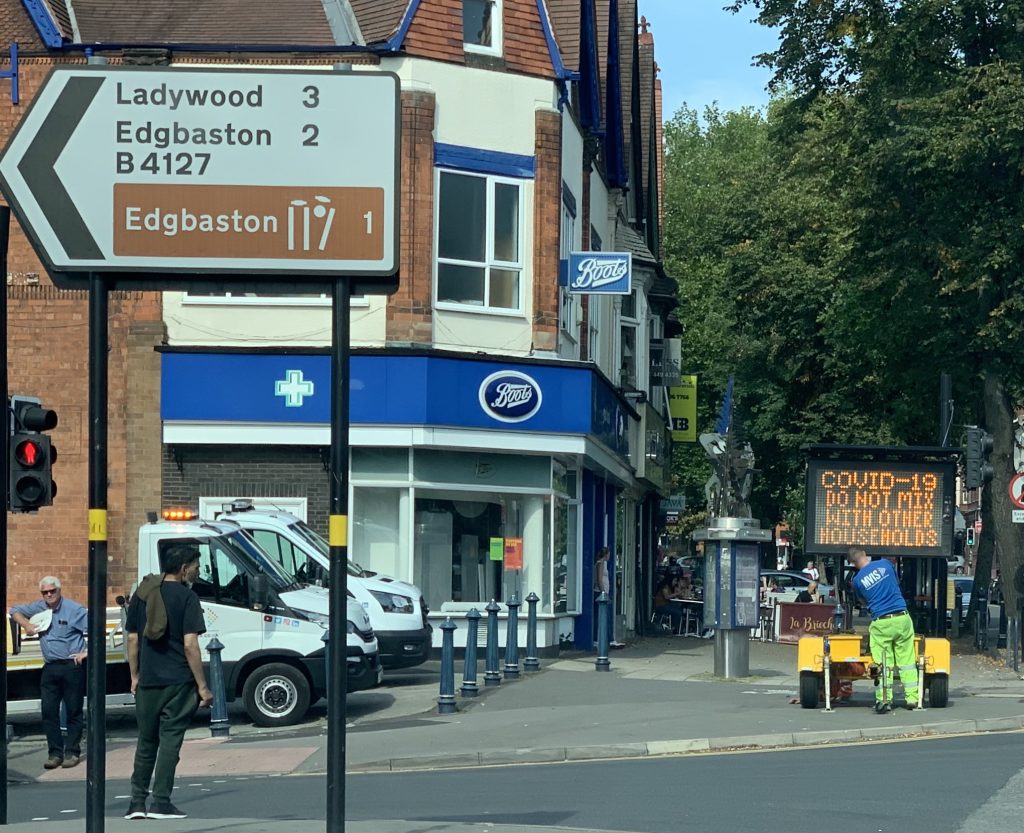
DO NOT MIX WITH OTHER HOUSEHOLDS. Moseley High Street Birmingham UK 2020
But Then BANG. As I write, where I live is told in no uncertain terms NOT TO MIX WITH OTHER HOUSEHOLDS. I am all in favour of #Keepbrumsafe, but this street messaging is Shocking. This is not slow and subtle, but in your face directives by the authorities to the citizens of a major city.
When we could meet, share and dance together
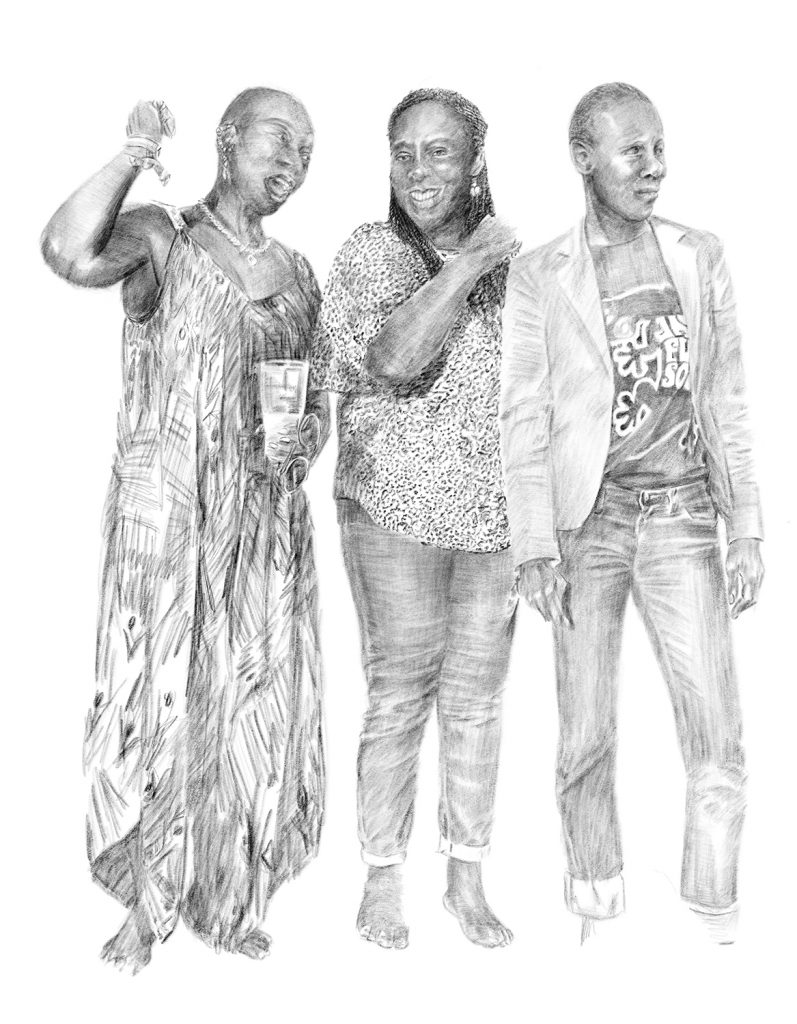
Thats it
